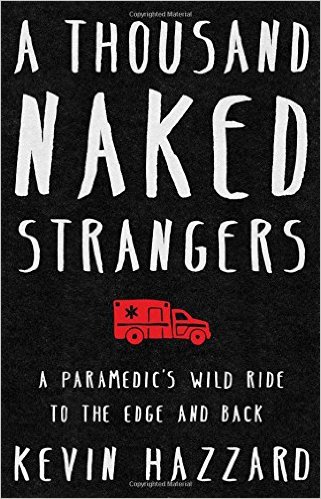The Field Notes Book Group had its last meeting of 2022 on Saturday, and a good time was had by all involved. Not only did we discuss our December choice, which was I Capture the Castle (which wasn’t actually read by all the members of the group), but we also had a great discussion of the books we’d read over the past year, and we selected the book for our first meeting of the new year on January 21, 2023.
I personally like having the groups look back over the year’s selections. As a group leader, I crave any kind of input about the whole selection process, and getting a sense of what kinds of books people like and dislike is really helpful. While there were a few books people couldn’t remember one way or another, our choices for “favorite” book were all over the place, no one book being everybody’s favorite. I see this as a healthy sign of the diversity of opinions of the people in our group, and I’m delighted that we had so many books that people loved.
In a pretty close vote, we ended up choosing In the Shadow of the Mountain, by Silvia Vasquez-Lavado. This memoir is about a woman, ostensibly a brilliant success in Silicon Valley, who was repressing her sexuality, her alcoholism, and her history of sexual abuse. When she returned home to her family in Peru, everything fell apart for her and the only thing that helped her find herself again was mountain climbing. She ended up working toward climbing Mount Everest, the tallest mountain in the world, taking with her a group of fellow sexual abuse survivors.
Copies of the book have been ordered. We will be holding the next meeting virtually as well as in person, so if you’re interested in attending virtually, send me an email at nmulligan@thefieldlibrary.org a week before the date of the meeting and I’ll get you the link.






